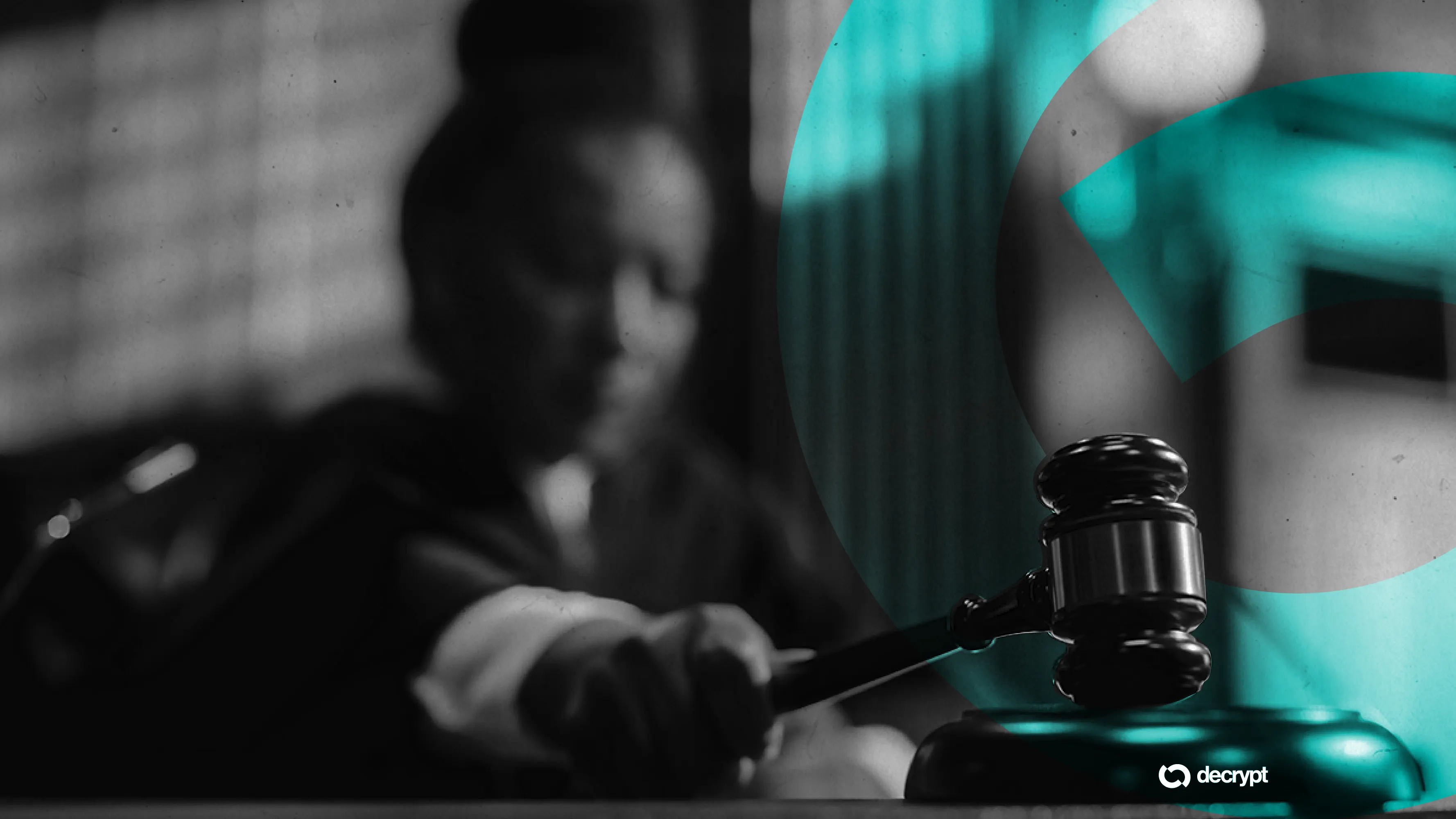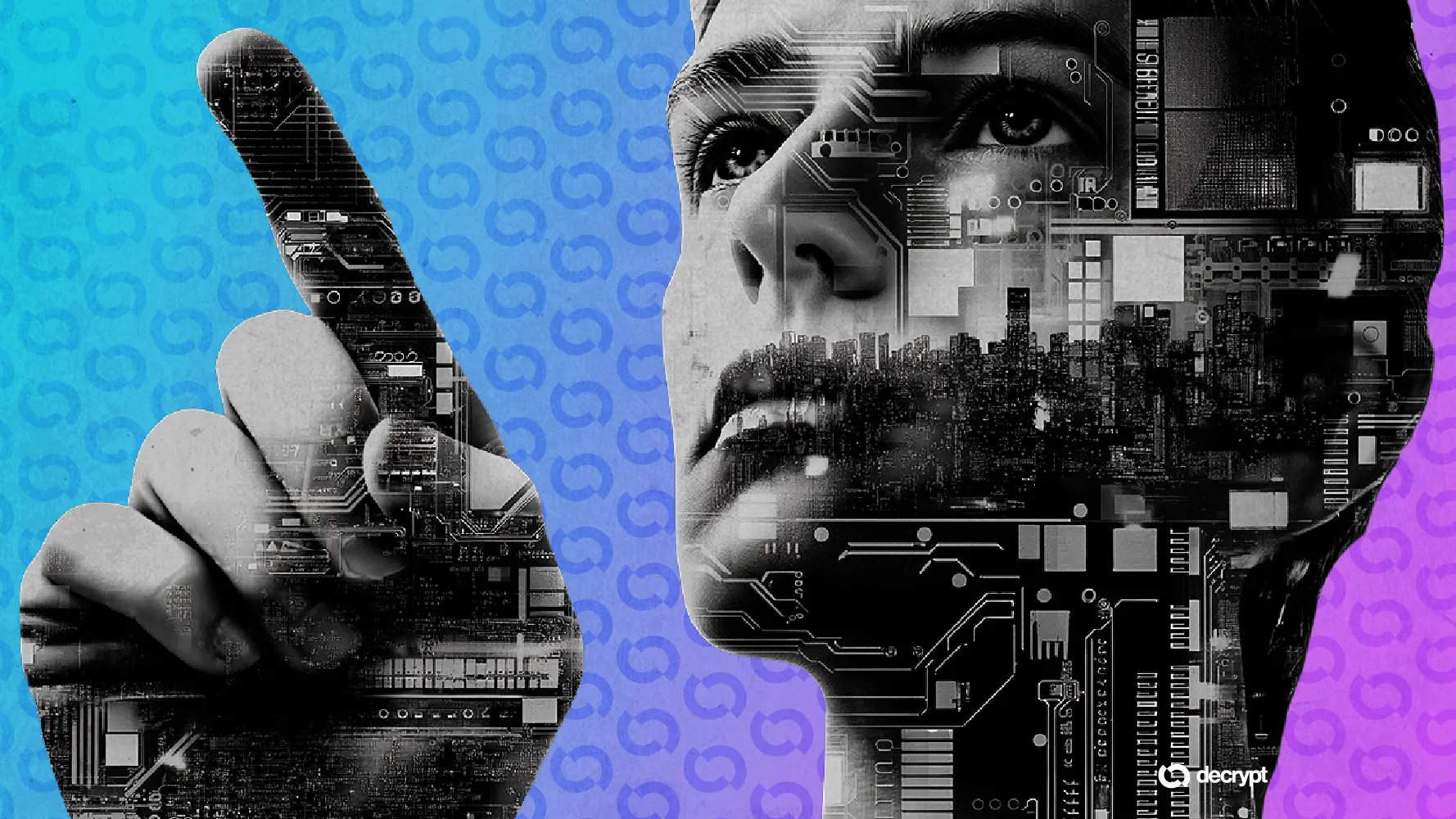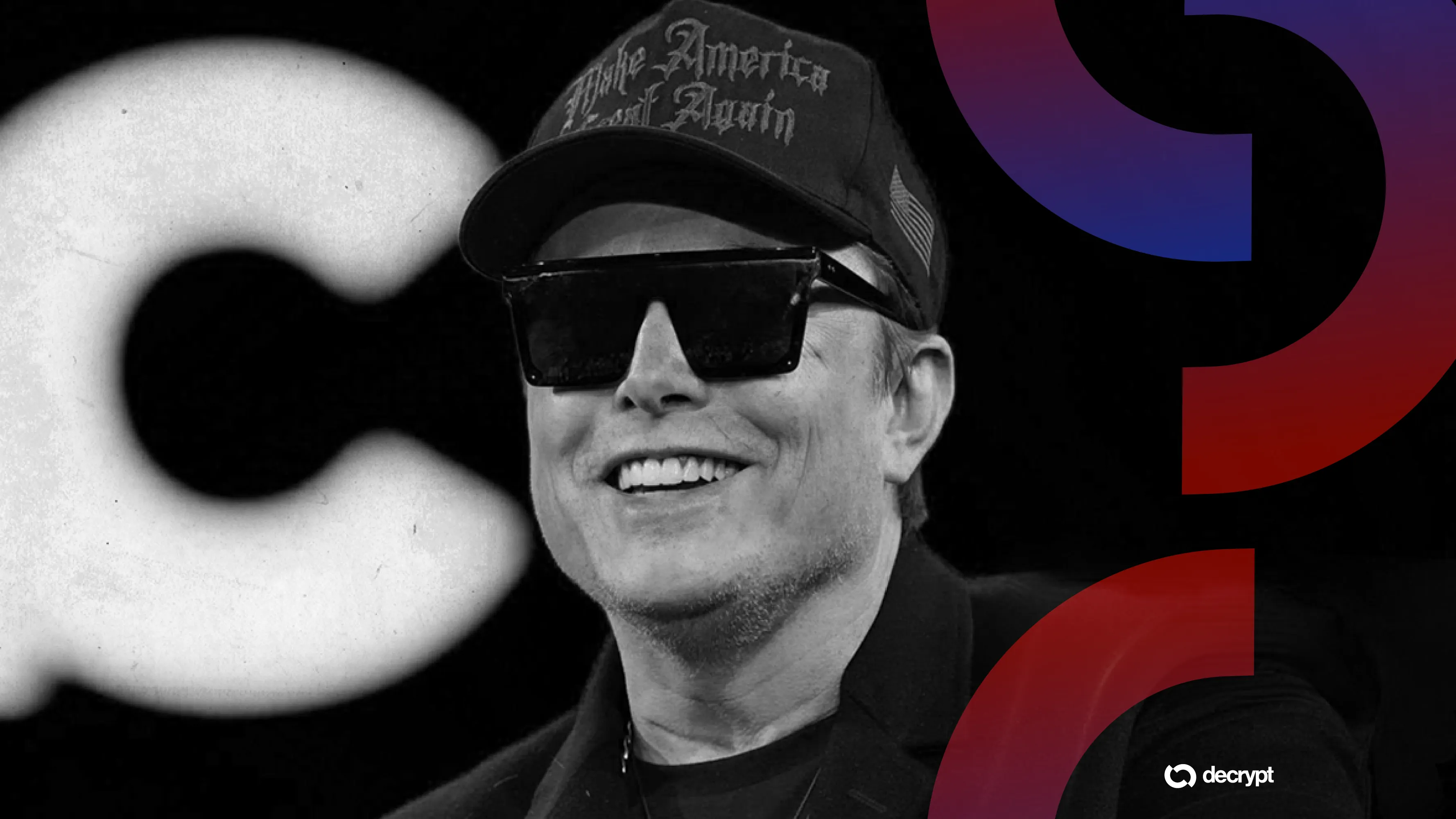In brief
- Disney and Universal are among a group of studios that filed a lawsuit against AI firm Midjourney.
- The studios claim the image generator produces unauthorized copies of copyrighted characters.
- The case highlights a growing wave of copyright suits targeting generative AI tools.
Disney and Universal, along with several other American film studios, have filed a lawsuit against artificial intelligence company Midjourney, alleging that its popular image generation tool systematically violates copyright by creating unauthorized reproductions of famous characters.
The lawsuit, filed Wednesday in a U.S. federal court, accuses Midjourney of functioning as a "bottomless pit of plagiarism."
"By helping itself to Plaintiffs’ copyrighted works, and then distributing images (and soon videos) that blatantly incorporate and copy Disney’s and Universal’s famous characters—without investing a penny in their creation—Midjourney is the quintessential copyright free-rider," the complaint reads. "Piracy is piracy, and whether an infringing image or video is made with AI or another technology does not make it any less infringing."
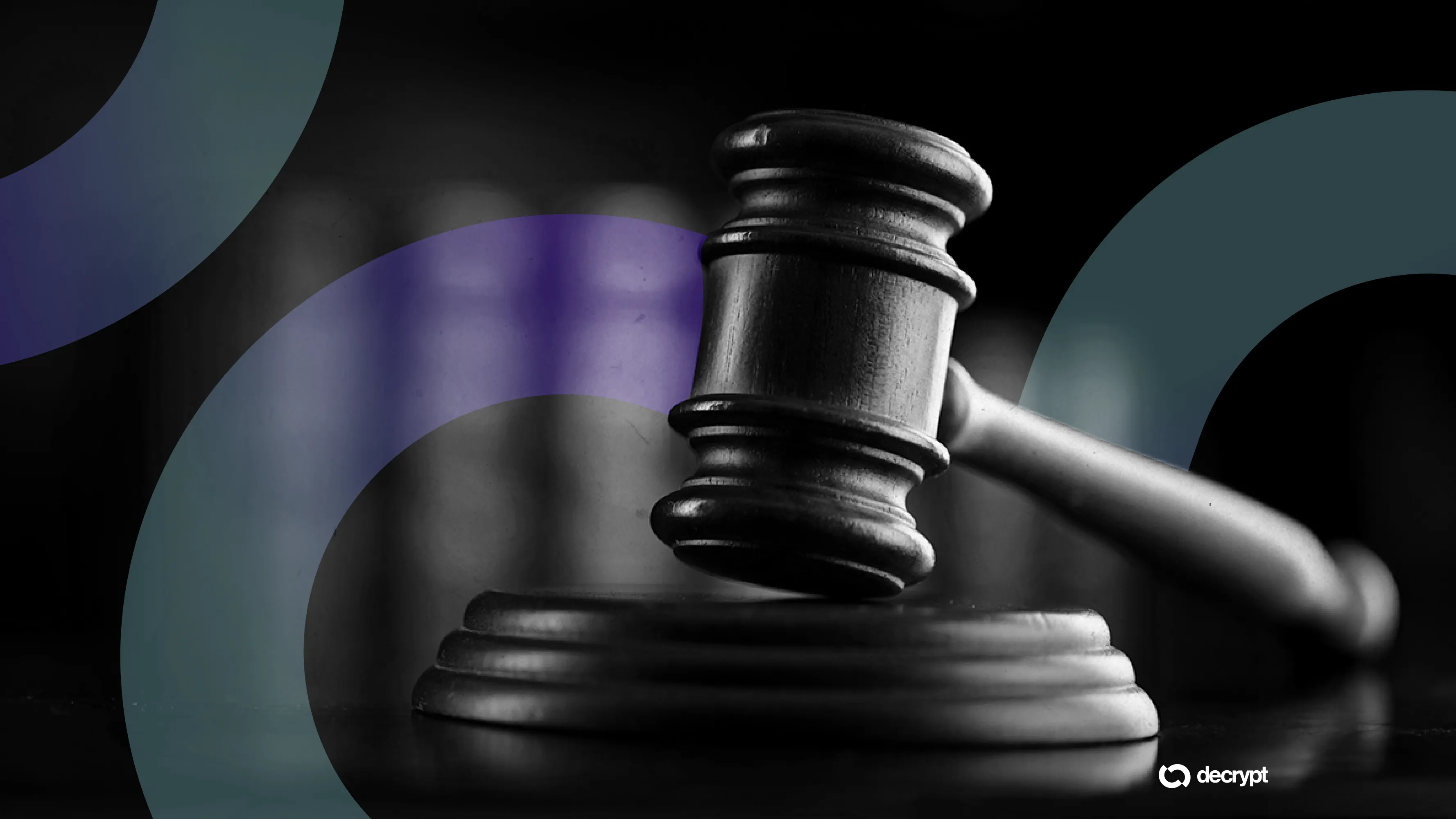
Reddit Files Lawsuit Against Anthropic Over Alleged Unauthorized Data Scraping
Reddit has launched a lawsuit against artificial intelligence firm Anthropic, accusing the company of scraping its platform and using Reddit content without permission to train its Claude AI model. The complaint, filed Wednesday in a U.S. federal court, alleges that Anthropic violated Reddit’s user agreement and continued to access Reddit servers, including doing so more than 100,000 times after publicly claiming to have ceased such activity in July 2024. Reddit is seeking damages, restitution,...
The studios, which also include DreamWorks and the Twentieth Century Fox Film Corporation, cited examples of Midjourney-generated outputs that included likenesses of Yoda, Marvel superheroes, characters from Aladdin, Minions, The Simpsons, and Shrek.
They are seeking damages and an injunction to stop the platform from reproducing, displaying, or distributing their copyrighted content. Decrypt has approached Midjourney for comment on the suit.
The case is part of a mounting wave of lawsuits confronting AI companies over copyright violations.
As generative AI tools become more widespread, legal scrutiny over their training data and outputs has intensified. The New York Times sued OpenAI and Microsoft in December 2023, and Reddit is currently pursuing legal action against Anthropic. Other plaintiffs include music publishers and media companies such as Ziff Davis.
The core legal question in these suits is whether AI companies can lawfully use copyrighted works without permission during training or generation.
Companies like OpenAI have acknowledged using copyrighted content in training and argued it would be "impossible" to develop AI systems without it.
Filtering out the issue
While some firms have sought licensing deals with copyright holders, others, like Midjourney, have faced criticism for inadequate safeguards.
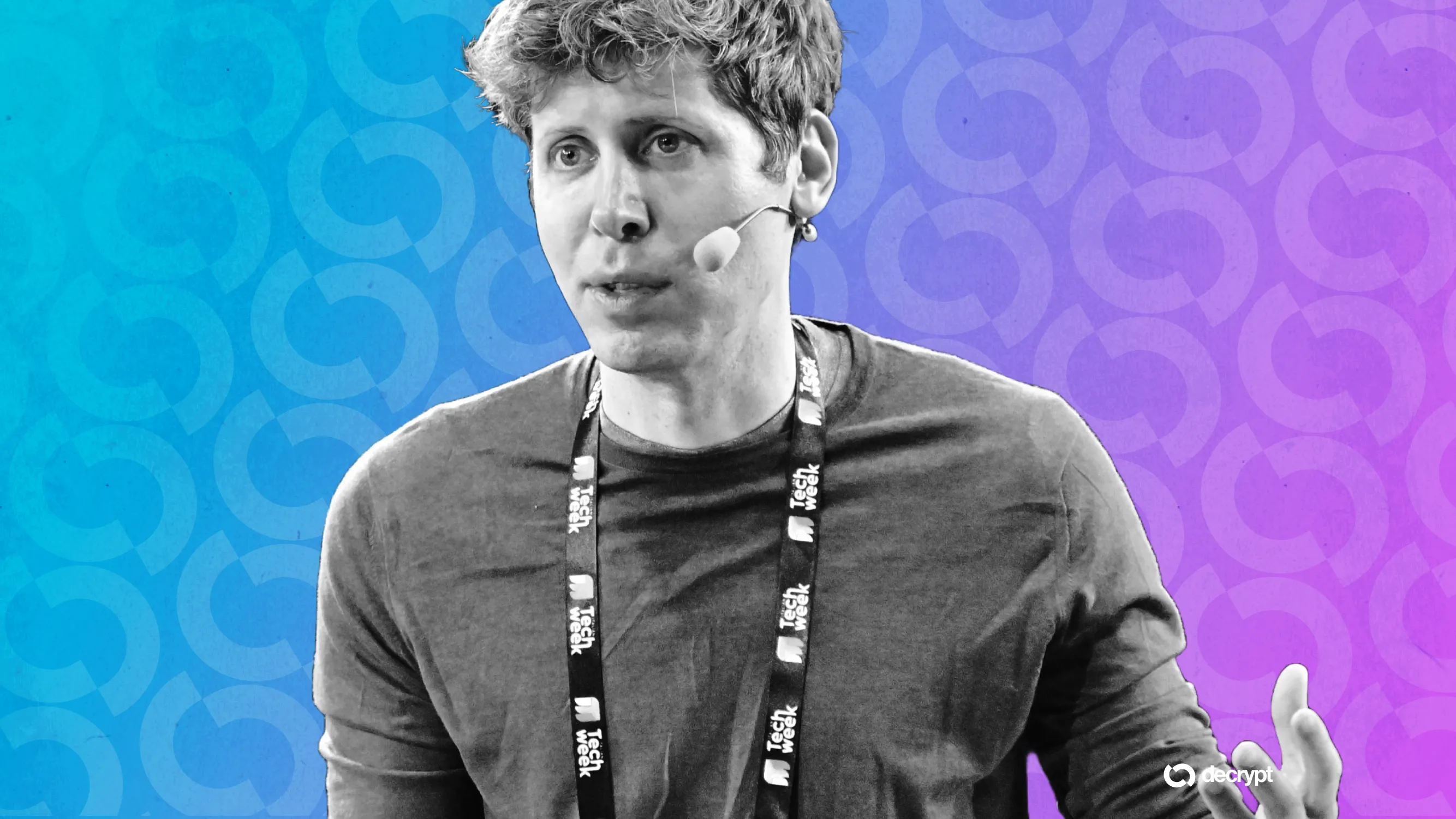
OpenAI Challenges Court Order to Preserve User Data in NYT Lawsuit
OpenAI is contesting a federal court order requiring it to preserve all user data, including deleted chats, as part of a copyright lawsuit brought by The New York Times. "We strongly believe this is an overreach by The New York Times. We’re continuing to appeal this order so we can keep putting your trust and privacy first," OpenAI COO Brad Lightcap said in a statement. The decision stems from a May 13 order to "preserve and segregate all output log data that would otherwise be deleted on a goin...
In the complaint, the studios argue that Midjourney has the ability to filter prompts and outputs, just as it currently blocks certain violent or pornographic content. They claim the company could easily implement similar protections for copyrighted material, but has chosen not to.
Midjourney faced controversy in its early days for limiting image generation related to Chinese President Xi Jinping and for allowing the creation of images of other world leaders.
Meanwhile, the film industry is grappling with how AI will reshape creative labor. A report from the British Film Institute this week warned that AI poses a direct threat to screen sector jobs and revenue.
It cited research suggesting global audiovisual creators may lose up to 21% in revenue over three years and that more than 200,000 U.S. entertainment jobs could be disrupted by 2026, particularly entry-level positions.
Disney, Universal, and DreamWorks have been approached for further comment.
Edited by Sebastian Sinclair
